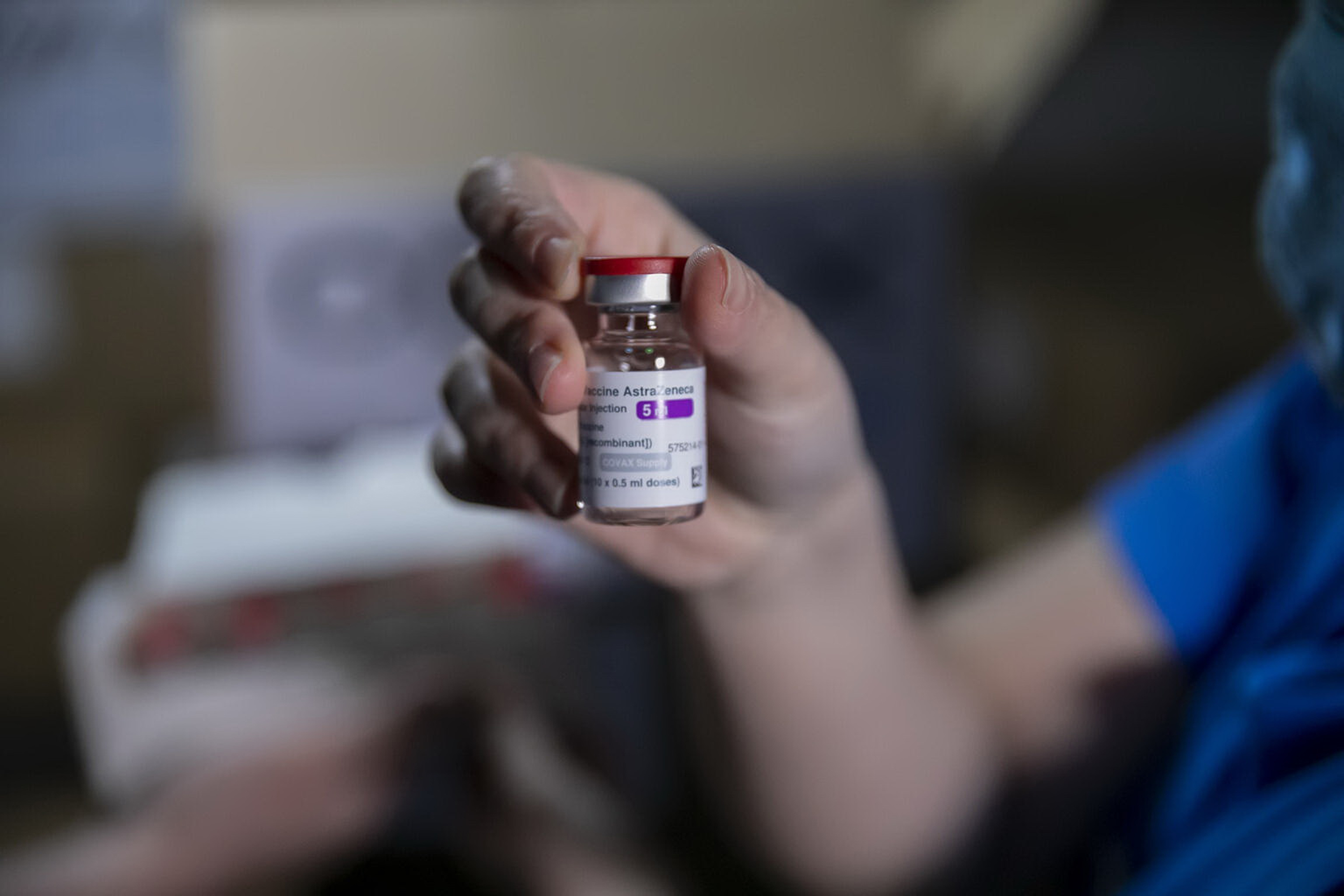More private health facilities urged to provide assistance
 |
| More private health facilities urged to provide assistance, illustration photo. Photo: Le Toan |
In early August, Thu Duc Hoan My International General Hospital announced its transformation into Hoan My COVID-19 Treatment Hospital, the first private medical facility to make the move in response to the local authorities’ call for the private healthcare sector to participate in the pandemic fight.
Hoan My Medical Corporation, the owner of the hospital, has mobilised more than 3,000 healthcare workers from its 15 hospitals and six clinics to work at the treatment hospital exclusively.
Ho Chi Minh City is the first locality in Vietnam to mobilise contributions from private healthcare facilities to the COVID-19 battle. With expertise, experience, and advanced medical devices, their contribution is expected to ease pressures for public health facilities and health professionals.
While a number of private hospitals have joined the efforts so far, such as FV Hospital, Thu Duc Hoan My International General Hospital, City International Hospital, and Xuyen A General Hospital, more contributions are required amidst worsening outbreaks.
Now, the city’s health sector is in need of official registration of the number of staff capable of resuscitation treatment and operating rebreathers from private health facilities, as well as the number of sickbeds for COVID-19 treatment so that the city can mobilise staff efficiently.
The Ministry of Health (MoH) has mobilised healthcare task forces from central hospitals such as Bach Mai, Viet Duc, and Hue Central Hospital to Ho Chi Minh City to establish and operate resuscitation centres. Despite making efforts all day and night to ensure smooth operation, there are difficulties in purchasing medical supplies, sickbeds, bedsheets, and more in bulk at the same time.
In early August, at a meeting with leaders of private hospitals in Ho Chi Minh City, Minister of Health Nguyen Thanh Long called on them to contribute further to the pandemic prevention.
“We hope that leaders of private hospitals and other healthcare facilities join efforts with the MoH and the city by supplying medical devices, supplies, and other necessities for these centres,” Long added. “We are aware that in this fight, each should take responsibility. And for the healthcare sector, the responsibility should be higher. I deeply propose leaders of private hospitals and facilities to join more efforts in the prevention and battle against COVID-19, especially in treatment to help the city overcome this difficult time.”
Private hospitals have to mobilise their own budgets to purchase huge amounts of equipment for vaccination activities, including the ultra-low storage system and modern cold storage for vaccine preservation, as well as paying salaries to doctors and nurses and expenses for ancillary activities.
At present, the MoH is giving priority to the allocation of COVID-19 vaccines to Ho Chi Minh City and is taking solutions to increase treatment efficiency. Together with the involvement of private health facilities, Vietnam is quickening production of locally-made COVID-19 vaccines.
Last week, the Vietnam Military Medical University announced that over 12,000 volunteers got two shots of Nanocovax, the first Vietnamese COVID-19 vaccine to be tested on humans, in its third clinical trial. The National Ethics Committee in Biomedical Research under the MoH was expected to gather on August 15 to assess the results.
In addition, last week Vietnam’s second homegrown COVID-19 vaccine Covivac began the second stage of clinical trials.
| This month, the National Ethics Committee in Biomedical Research under the Ministry of Health approved the clinical study of herbal medication Vipdervir for COVID-19 patients. The locally-developed Vipdervir will be tested on 260 COVID-19 patients. The clinical research period is scheduled to be about 2-3 months, and then an additional 1-2 months will be needed for scientists to summarise the research. In related developments, the World Health Organization (WHO) announced a clinical trial in 52 countries that would study three anti-inflammatory drugs as potential treatments for COVID-19 patients. Previously, the WHO announced trials in four evaluated treatments - remdesivir, hydroxychloroquine, lopinavir/ritonavir, and interferon. Provisional results showed that they had little or no effect in helping COVID-19 patients, but the final results are expected to be published next month. |
What the stars mean:
★ Poor ★ ★ Promising ★★★ Good ★★★★ Very good ★★★★★ Exceptional
Themes: Healthcare Platform
- PM outlines new tasks for healthcare sector
- Opella and Long Chau join forces to enhance digestive and bone health
- Hanoi intensifies airport monitoring amid Nipah disease risks
- Cosmetics rules set for overhaul under draft decree
- Policy obstacles being addressed in drug licensing and renewal
Related Contents
Latest News
More News
- VNPAY and NAPAS deepen cooperation on digital payments (February 11, 2026 | 18:21)
- Vietnam financial markets on the rise amid tailwinds (February 11, 2026 | 11:41)
- New tax incentives to benefit startups and SMEs (February 09, 2026 | 17:27)
- VIFC launches aviation finance hub to tap regional market growth (February 06, 2026 | 13:27)
- Vietnam records solid FDI performance in January (February 05, 2026 | 17:11)
- Manufacturing growth remains solid in early 2026 (February 02, 2026 | 15:28)
- EU and Vietnam elevate relations to a comprehensive strategic partnership (January 29, 2026 | 15:22)
- Vietnam to lead trade growth in ASEAN (January 29, 2026 | 15:08)
- Japanese business outlook in Vietnam turns more optimistic (January 28, 2026 | 09:54)
- Foreign leaders extend congratulations to Party General Secretary To Lam (January 25, 2026 | 10:01)

 Tag:
Tag:




















 Mobile Version
Mobile Version